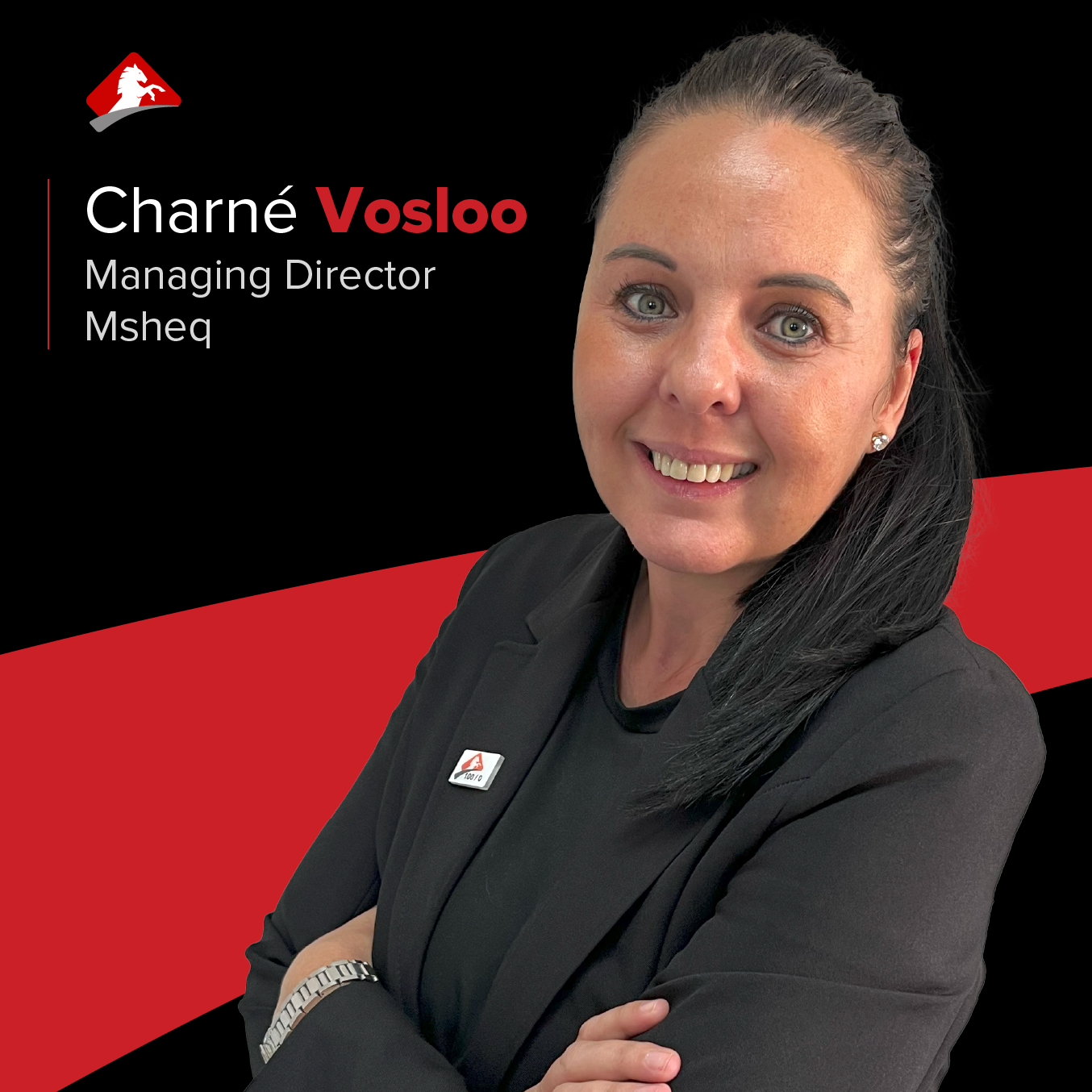The concrete and construction industry has its fair share of dangers and within the industry the focus is beginning to fall on proactive safety and co
The concrete and construction industry has its fair share of dangers and within the industry the focus is beginning to fall on proactive safety and continuous learning of every aspect that may affect an individual’s health and safety.
Innovative technologies like virtual reality (VR) is proving invaluable in transforming operational practices and boosting preparedness for real-world situations. By offering immersive, realistic high-risk simulations, VR training significantly enhances workplace safety and efficiency, overcoming the limitations of traditional methods.
Recognising the limitations of traditional training methods in simulating real-world hazards, MSHEQ, a division of Stallion Integrated, was the first in South Africa to integrate VR into its safety training programmes. This forward-thinking approach has since been adopted by others in the industry, solidifying MSHEQ’s initial leadership.
“At MSHEQ, we launched our VR training initiative during the COVID-19 pandemic, a time when innovative learning solutions were paramount,” explains Charné Vosloo, managing director at MSHEQ. We recognised the need to move beyond conventional e-learning and webinars to create engaging and impactful training experiences. Our mindset of Constant and Never-ending Improvement (CANI) drove us to explore VR as the natural next step in health and safety education.”
This strategic move was further validated when MSHEQ received the prestigious Standard Bank Top Women Award for Innovation. While the VR launch followed this recognition, the company’s commitment to ground-breaking solutions was a significant contributing factor. VR technology allows MSHEQ to create realistic, controlled environments that effectively simulate high-risk scenarios. This immersive experience significantly enhances understanding and retention for users compared to traditional methods. Studies indicate a remarkable 75-80% knowledge-retention rate with VR training, compared to the 20-30% typically seen with conventional learning.
Charné provided compelling examples of how VR training has improved safety outcomes in key sectors:
● Mining: MSHEQ has developed VR modules replicating underground evacuations and machinery operations. This allows trainees to practice critical response skills in a safe environment, leading to more confident and correct actions during real emergencies.
One powerful case study involved a crane operator with a previously unrecognised fear of heights who was identified through a VR work-at-heights simulation, preventing a potentially dangerous situation. Fortunately, the employee was given an alternate position within the company that was more suited to him.
● Construction: VR modules focusing on fall prevention and site hazard identification have demonstrably improved hazard recognition during on-site audits. Clients have reported measurable increases in compliance scores and overwhelmingly positive feedback from their employees.
● Warehousing and logistics: While initially focusing on retail, MSHEQ has strategically shifted its focus to the warehousing and logistics sector, recognising its significant safety training needs. VR simulations in this area address common hazards and safe operating procedures for equipment and materials handling.
A key differentiator for MSHEQ is its ability to tailor VR solutions to the unique safety challenges of specific client sites.
“Our process often involves sending a video crew to a client’s location to capture the exact environment,” says Charné. “This allows us to build VR worlds that are precise replicas of their workplaces, making the training incredibly relevant and impactful.”
MSHEQ is an all-female company in a traditionally male-dominated industry. The company views emotional intelligence as a strength that fosters trust, improves communication and drives positive behavioral change crucial for effective health and safety management. It is actively working to break barriers and empower more women in the health and safety industry through mentorship, networking, awareness campaigns, career development and the promotion of an inclusive workplace culture. Furthermore, the company is committed to nurturing talent having supported numerous graduates and interns in becoming senior health and safety consultants.
Looking to the future, MSHEQ aims to expand its VR capabilities by exploring multi-user environments for group training and integrating biometric feedback to assess trainees’ stress responses and cognitive load during simulations. “We believe VR will become the industry norm for safety training,” states Charné.
The effectiveness of MSHEQ’s VR training programs is rigorously measured through pre- and post-assessments to quantify knowledge gain, behavioural observations by facilitators during training, client feedback on incident rates, compliance improvements and employee behaviour. The results consistently demonstrate a significant positive impact on workplace safety.
She offers valuable advice to other organisations considering VR adoption: “Start with a pilot programme to gather feedback from clients and trainees. Focus on high-risk areas where VR can have the most significant impact, and partner with a reputable VR development company that understands the nuances of safety training.”
She cautioned against working with inexperienced providers, emphasising the critical importance of legally sound and high-quality training when dealing with workplace safety. Beyond VR, MSHEQ is also exploring the potential of artificial intelligence (AI) in transforming the health and safety landscape. Charné highlighted AI’s current use in data analysis for identifying industry trends and patterns in near-miss reports and incidents. Future applications may include AI-powered safety audits, automated reporting, and customised training modules.

